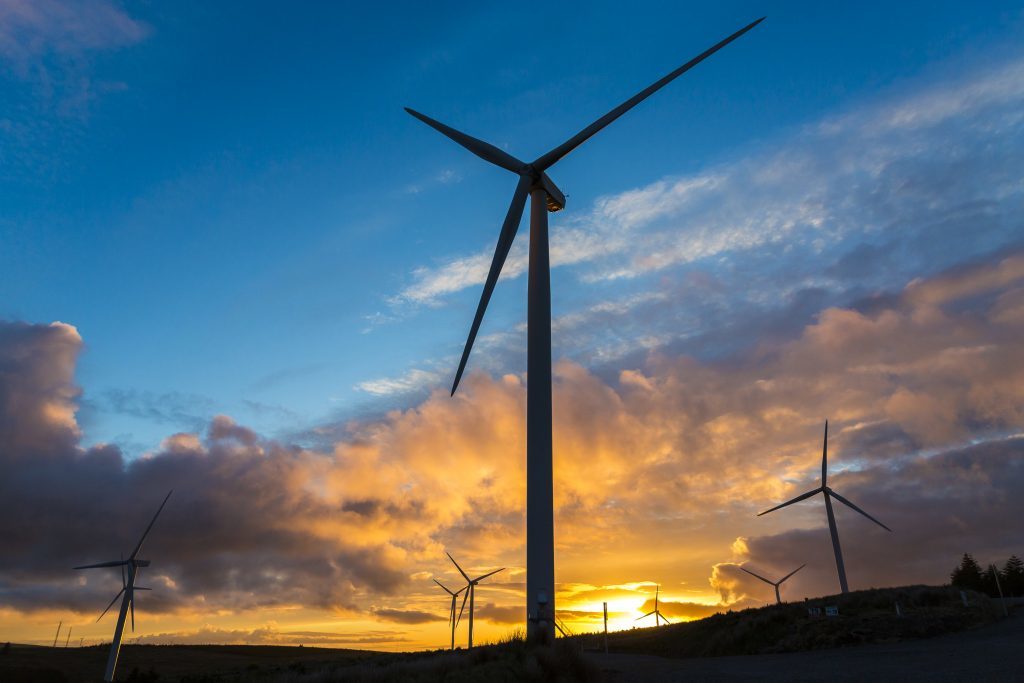
Following on from strategies outlined by other UK nations, the Northern Ireland Renewables Industry Group (NIRIG) today published its Energy Strategy, setting out plans to decarbonise the energy sector by 2050.
NIRIG said the new Energy Strategy will hope to promote economic development and bring forward lower cost renewable energy for consumers.
The growing onshore wind marketplace within Northern Ireland means that each wind turbine represents a £2.7million investment in the local economy with NIRIG predicting even further growth in the coming years.
According to the new Energy Strategy, new targets will include “setting a target for the decarbonisation of Northern Ireland’s energy sector by 2050” and setting commissioning research into how to reach a 70% renewable electricity target by 2030.
The NIRIG also say an impact assessment of Brexit on energy policy is “needed urgently”, along with a “renewed focus on the skills and innovation that will build the systems of the future”.
Rachel Anderson, NIRIG chair, said: “There’s an urgent need to plan for the post-2020 world in which clean energy will be an engine for economic growth. A more diverse, flexible energy mix will increase energy security, as well as generating cheap power for consumers. This brings enormous economic opportunities to Northern Ireland by attracting regional investment, promoting innovation and developing skills.
“We now need a fundamental shift in how we generate, manage and consume energy. The transformation of the energy sector is happening today, and our industry is at the forefront of this transformation. The renewables sector wants to contribute, but we can’t do it alone – leadership and collaboration will be crucial for success. That’s why we’ve laid out a series of ambitious and far-reaching measures in this Energy Strategy”.
Recommended for you
